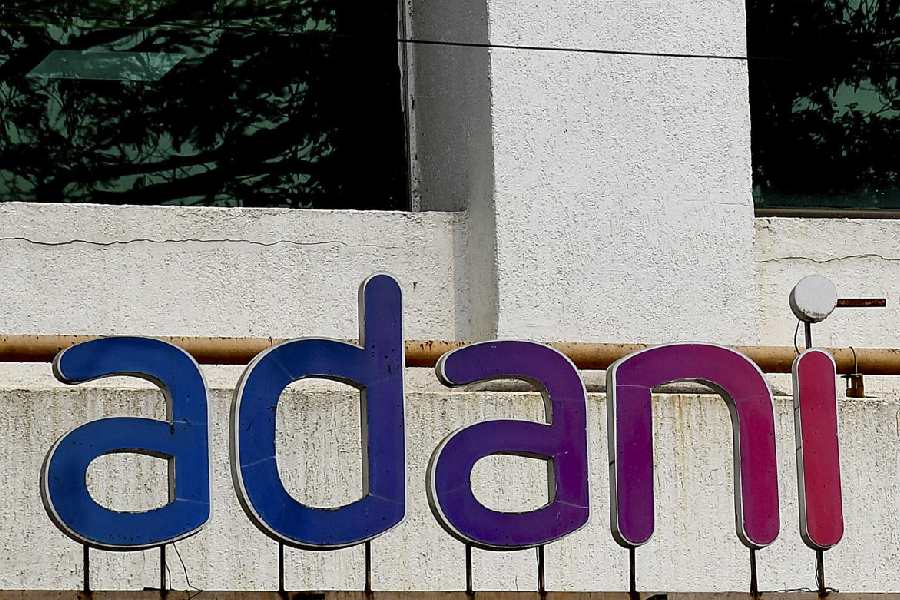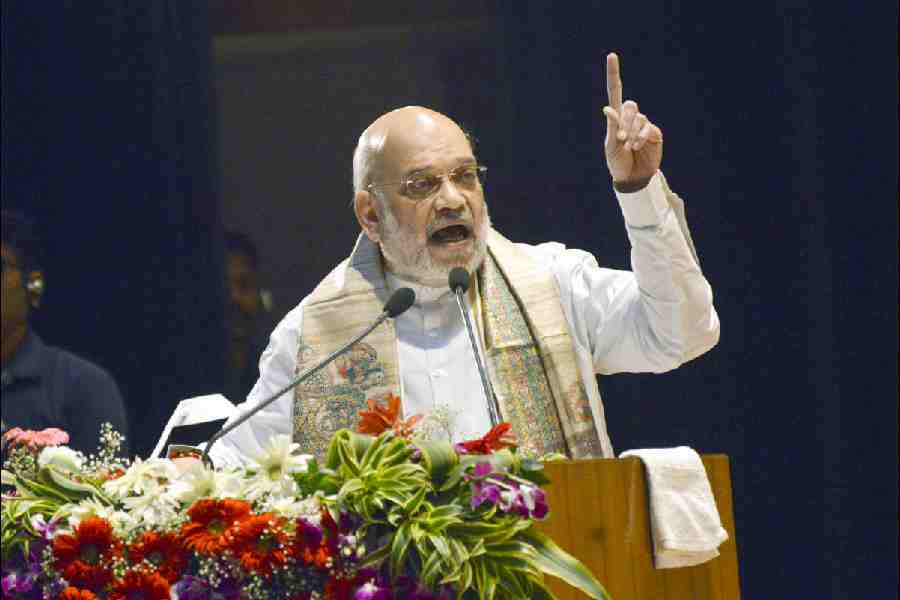The Calcutta High Court has quashed an EPFO order rejecting higher pension option for retired employees of Steel Authority of India Limited's Central Marketing Organisation (CMO) unit.
Allowing the petitions by the superannuated employees, the court directed that any joint option application presented on or before January 31, 2025, or before any other further extension of time by the authority, will be accepted by the Employees' Provident Fund Organisation (EPFO).
Passing judgment on the petitions on November 14, Justice Shampa Dutt (Paul) directed that on remittance of the differential contribution amount to the pension scheme to the EPFO by the employees, along with applicable interest, higher pension will be disbursed to them from the succeeding month of their remittance.
The petition, by superannuated employees of SAIL's CMO unit, was moved before the court praying for setting aside the rejection order dated February 5, 2025, in respect of the petitioners and direction to the Regional PF office here for disbursal of higher pension on higher wages on the basis of the joint option exercised by the petitioners along with their employer as per Employees' Pension Scheme, 1995.
It was stated by the petitioners that SAIL-CMO, to whom the petitioners belonged at the time of their retirement at age 58, enjoys exemption under section 17(1) of the PF Act of 1952 from the operation of Employees' Provident Funds Scheme, 1952.
Stating that SAIL-CMO PF Trust submitted modified rules for approval by EPFO on October 4, 2024, the petitioners claimed that the PF authority declined to approve the revision and stated in their letter dated January 21, 2025 that any modification in trust rule after the date of Supreme Court judgment dated November 4, 2022 cannot be allowed.
Lawyer for one of the petitioners pointed out that the petitioners' joint applications have been rejected by an order dated February 5, 2025 passed by the EPFO, by referring to Provident Fund Trust Rules of the Employer/Establishment (SAIL-CMO).
Holding that a clarification by the PF authority in its January 18, 2025, order relating to exempted establishment relying on the Supreme Court judgment is totally against the directions of the Apex Court, Justice Dutt (Paul) observed that the EPFO authority has given its own interpretation, which is in "complete contradiction/violation" of the said judgment.
Justice Dutt (Paul) said that such clarifications by the EPFO are against the principles of natural justice considering that the EPFO has denied the benefit to the members of the exempted establishment, citing trust rules not permitting the same.
The high court held that the EPFO has also "gone all out to deny the benefit by issuing the clarification dated January 18, 2025, stating that even if trust rules are amended, after the judgment, granting benefit, the same would not be available to members of exempted establishment." Justice Dutt (Paul) said that in denying the same, "the PF authorities are acting against the purpose of a beneficial legislation." Maintaining that such a thought process and conduct of the authorities who are to implement these beneficial legislations is not acceptable by this court, the judge observed that it is "not only against the principle of natural justice, but is clearly an abuse of the process of law, being not in accordance with law." It was stated by the petitioners that there are about 1,300 exempted establishments in India, including 16 in SAIL.
It was stated that in respect of unexempted establishments, the EPFO manages all aspects of both the provident fund and pension fund.
It was also stated by a petitioner's lawyer that all employees of both exempt and unexempted establishments are considered to be the same as far as pension under EPS (Employees' Pension Scheme), 1995, is concerned, and EPFO directly deals with pension matters for both classes of establishments.
Except for the headline, this story has not been edited by The Telegraph Online staff and has been published from a syndicated feed.











